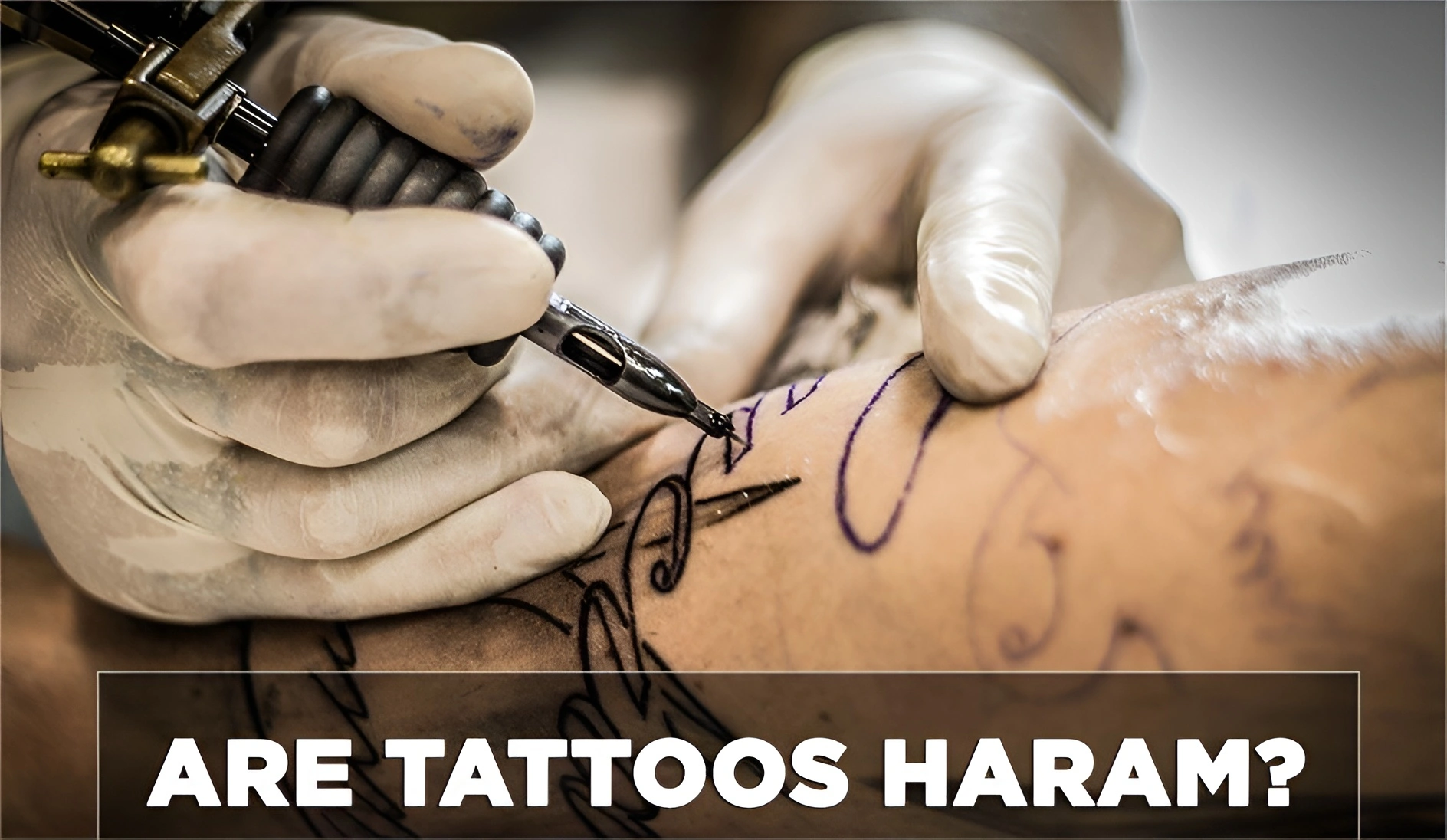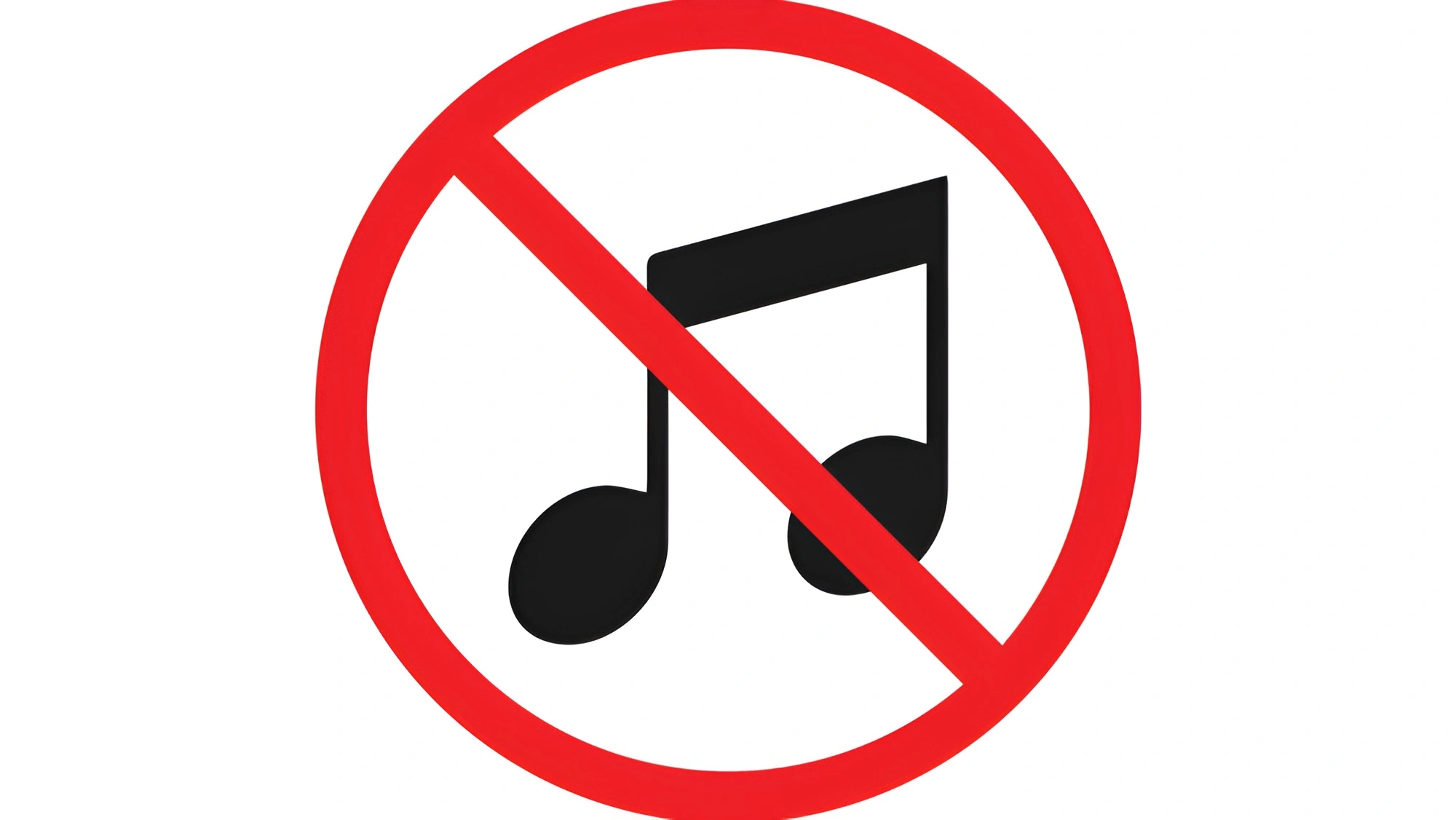Are Tattoos Haram in Islam? Ruling, Meaning & Wisdom
The Islamic Ruling on Tattoos: Are Tattoos Haram? A Detailed Exploration of Faith, Purity, and Identity
In today’s world, body art is a potent symbol of individuality, personal expression, and cultural identity. Tattoos especially have experienced an incredible resurgence in all societies, ranging from athletes and artists to businesspeople and common folks. However, in Islam — a religion whereby human body is considered a trust (amanah) of God — the question comes up: Are tattoos acceptable, or are they haram (forbidden)?
More than 1,400 years, Muslim thinkers have debated the issue through scriptural, traditional, and ethical frameworks. The overwhelming majority opinion of Islamic jurists, in all of the major schools, is that permanent tattoos are haram. That stance, however, is predicated on more than conservatism — it is based on deep theological, spiritual, and hygienic considerations.
This paper examines the religious rulings (ahkam), textual evidence, wisdom (hikmah) behind the prohibition, scholarly interpretations, and modern debates regarding tattoos in Islam.
1. The Foundation: The Concept of Halal and Haram
In Islamic law (Shari‘ah), every action falls into one of five categories: obligatory (fard), recommended (mustahabb), permissible (mubah), disliked (makruh), or prohibited (haram). These categories help Muslims evaluate every decision — from diet and dress to art and adornment — through the lens of faith and obedience to God.
The default assumption for modification of the body is that the body of man ultimately belongs to Allah, not to the person. For Allah declares in the Qur’an:
“We have certainly created man in the best of forms.”
(Surah At-Tin, 95:4)
This “best of forms” (ahsani taqwim) is sacred. Any intentional, permanent change to that form — other than for valid medical or corrective purposes — constitutes interference with God’s plan. It is from this doctrine that the Islamic prohibition on tattoos arises.
2. The Prophetic Evidence: Explicit Prohibition in Hadith
The most powerful and conclusive evidence on this issue is found in the prophetic sayings of the Prophet Muhammad ﷺ. Both in Sahih al-Bukhari and Sahih Muslim — two of the strongest books of hadith — the Prophet ﷺ uttered the following words decidedly:
“Allah has cursed the women who practice tattooing and those who get themselves tattooed.”
(Sahih al-Bukhari, Hadith 5931; Sahih Muslim, Hadith 2124)
Another narration adds to it:.and those who shave their eyebrows and those who sharpen their teeth for beauty, altering the creation of Allah.
This is the juridical basis (dalil shar’i) behind the ruling that tattooing is haram. The Prophet’s words are strong — employing the expression la’ana Allah (“Allah has cursed”) — which indicates strict prohibition and a sign of divine disapproval. It affects both the person who gives tattoos and the person who gets them.
3. Understanding the Reasoning: Alteration of God’s Creation
The hadith itself gives a reason: tattoos are seen as a type of taghyīr khalq Allah — altering the creation of Allah.
Islam considers the body to be a trust from God, not personal property over which one has complete control. Personal maintenance (such as shaving or trimming nails) is allowed and even encouraged for cleanliness purposes, but permanent alterations for looks or fashion is discouraged or prohibited.
Tattooing, as such, consists of piercing the skin and implanting pigment underneath its surface — a permanent alteration of the body’s natural condition. Scholars argue that this is antithetical to the Qur’anic value of leaving the body in its natural state.
4. The Spiritual Dimension: Purity (Taharah) and Worship
Besides changing creation, tattoos also create problems of ritual purity (taharah), which is necessary in Islam for practices such as prayer (salah).
Though a tattoo beneath the skin technically does not forbid wudu (ablution) or ghusl (full ritual bath), most scholars emphasize the symbolic meaning of purity. A believer’s body is an act of worship — pure, dignified, and dedicated to Allah. A tattoo, particularly one with worldly or inappropriate imagery, is a sign of spiritual uncleanness or inattention.
Moreover, the Prophet ﷺ emphasized cleanliness and modesty as integral parts of faith:
“Cleanliness is half of faith.”
(Sahih Muslim, Hadith 223)
The argument follows that intentionally marking or injuring one’s skin for decoration contradicts this ideal of physical and spiritual purity.
5. Historical Context: Tattoos in Pre-Islamic Arabia
Prior to the rise of Islam, tattooing was prevalent among certain Arab tribes and neighboring societies. It frequently carried pagan or superstitious connotations — as a sign of tribal identity, worship of idols, or protection from evil spirits.
When Islam arrived, it redefined personal adornment through the lens of monotheism and modesty. The focus shifted from external markings to internal piety. This historical backdrop helps explain why the Prophet ﷺ explicitly prohibited tattooing: it was tied to pre-Islamic (Jahiliyyah) practices that Islam sought to replace with spiritual refinement.
6. Scholarly Consensus (Ijma‘) Across the Four Madhhabs
Classical jurists of all four major Sunni schools — Hanafi, Maliki, Shafi‘i, and Hanbali — have maintained near-unanimity that permanent tattoos are haram.
- Imam al-Nawawi (Shafi‘i school) wrote in Sharh Sahih Muslim:
“Tattooing is haram for both the one who does it and the one who is tattooed, by consensus (ijma‘), because of the authentic hadith and because it involves altering the creation of Allah.”
- Ibn Hajar al-‘Asqalani (one of the top Hadith experts) offered a similar view in Fath al-Bari:
“The curse applies due to the pain, disfigurement, and mutilation of Allah’s creation without necessity.”
Even in the Hanafi school — famous for its rationalist inclinations — the verdict remains the same: tattoos are prohibited both on grounds of text and morals.
7. Medical and Hygienic Concerns
Islamic bans frequently have an underlying wisdom (hikmah) that is in the best interest of humanity. Tattooing, from a health perspective, entails several risks that make the ban’s wisdom sensible:
- Infection and Illness: Tattooing entails the use of needles that can pass on diseases like Hepatitis B, Hepatitis C, and HIV if not sterilized correctly.
- Allergic Reactions: Tattoo dyes, particularly those with metallic compounds, may cause chronic skin reactions and inflammations.
- Toxicity: Certain pigments used in tattoo inks have toxic chemicals like lead, mercury, and arsenic.
- Regret and Psychological Distress: Research indicates that a large percentage of people who are tattooed subsequently undergo expensive removal surgeries, as they usually result in scarring and psychological distress.
A practice that puts one’s health or dignity at risk is not Islamic. Such a practice goes against the Qur’anic principle:
And do not throw yourselves with your own hands into destruction.”
(Surah Al-Baqarah, 2:195)
Thus, the prohibition is also interpreted as a divine guarding.
8. Temporary Tattoos and Cosmetic Procedures
Contemporary queries frequently come up regarding temporary tattoos, henna, and cosmetic treatments like microblading or permanent makeup. This is how scholars distinguish:
- Henna (Lawsonia inermis): Fully acceptable, as it is temporary, natural, and does not change the creation of the skin. It was even utilized by the Prophet ﷺ and companions for beautification.
- Temporary Tattoos: Typically acceptable if they are non-permanent, non-toxic, and do not include inappropriate imagery.
- Microblading / Cosmetic Tattooing: Scholars vary. If it is permanently injecting pigment into the skin, it is in the same category as tattoos. But if it is superficial, temporally fades, and is corrective (not solely cosmetic) in nature — e.g., rebuilding eyebrows following medical intervention — some scholars allow it on the grounds of necessity (darurah).
This subtlety indicates that Islamic law is not absolute, but situational and merciful where true need arises.
9. Repentance and Tattoo Removal
Most converts to Islam, or Muslims by birth who acquired tattoos prior to finding their ruling, are left with a question mark. The scholars concur: no sin is held against one after sincere repentance.
Allah tells us in the Qur’an:
“Say, O My servants who have fallen in sin against themselves, do not despair of the mercy of Allah. Truly, Allah forgives all sins.”
(Surah Az-Zumar, 39:53)
If it is possible and safe to remove the tattoo, it is recommended, as this would bring the body nearer to its original state. If removal would lead to injury or great pain, then repentance is enough. The Prophet ﷺ stated:
“Actions are judged by intentions.”
(Sahih al-Bukhari, Hadith 1)
So, the sin of the repentance together with the commitment to refrain from repeating it removes the moral stain.
10. The New Debate: Self-Expression versus Submission
Young Muslims in Western societies, particularly, frequently struggle between worldly trends and religious precepts. Some believe that tattoos these days are means of self-expression, unconnected to paganism or uncleanliness.
But Islam is supposed to be a religion where real self-expression is not about changing one’s body, but about bettering one’s heart, character, and deeds. The Qur’an reminds us:
“Indeed, the most noble of you in the sight of Allah is the most righteous of you.”
(Surah Al-Hujurat, 49:13)
In this context, abstaining from tattoos is an act of faith — selecting God’s approval over the world’s fashion. It is a demonstration of taqwa (God-consciousness), which is Islam’s highest expression of beauty.
11. Wisdom (Hikmah) Behind the Prohibition
Considered in its entirety, the prohibition of tattoos has great wisdoms:
- Preservation of Natural Beauty: Honoring the divine creation of the human body.
- Maintenance of Purity: Refraining from physical and spiritual impurities.
- Shelter from Harm: Defense against medical hazards.
- Detachment from Vanity: Redirecting the believer’s concern from external appearance to internal piety.
- Safeguard from Regret: Defense of the believer against enduring stigma connected to fleeting decisions.
So, what seems to be limitation is actually a safety measure for human dignity and wellness.
12. The Middle Path: Islam’s Approach to Adornment
Islam does not abhor beauty or ornamentation. The Prophet ﷺ stated:
“God is beautiful and He loves beauty.”
(Sahih Muslim, Hadith 91)
But Islam makes a distinction between beauty in obedience and beauty in disobedience. Applying perfume, wearing tidy clothes, or using henna are all means of acceptable beautification that show appreciation to God. But changing one’s body through prohibited means is an expression of discontentment with God’s creation.
Islamic ethos, thus, promotes moderation — adorning oneself within the bounds of halal, and yet not losing humility and spiritual consciousness.
Conclusion
Finally, tattoos are haram in Islam, on grounds of clear prophetic prohibition, the consensus of scholars, and the basic principles of upholding God’s creation, purity, and health.
This decision has nothing to do with cultural inflexibility but with profound spiritual insight. Islam’s philosophy concerning the human body is one of stewardship and respect. The believer is not the possessor but the trustee of this vehicle, commissioned to make use of it in worship, not ornamentation that disregards divine authority.
In a time when self-expression means so often outer change, Islam provides an eternal reminder: the highest form of art is soul art — molding the heart through remembrance, repentance, and righteousness.”Real beauty, in Islam, is not on papered skin, but on illuminated faith”.
For more like this visit: Hilalinfohub


Post Comment